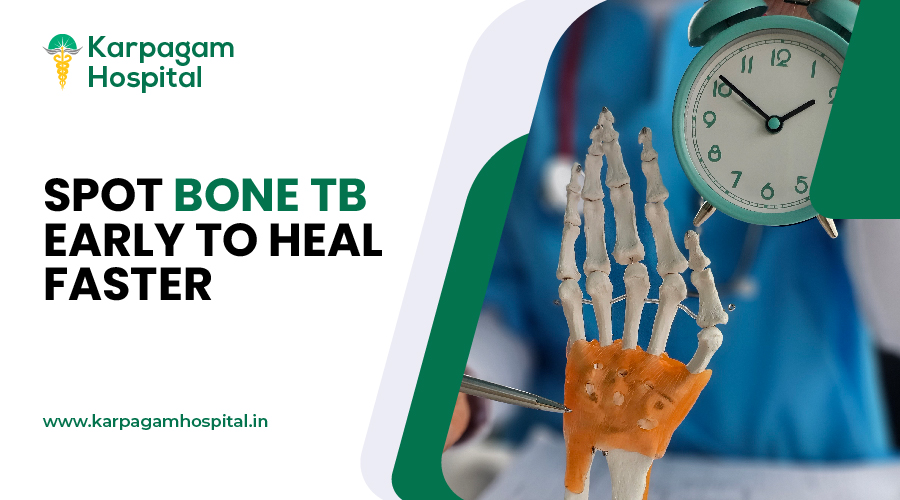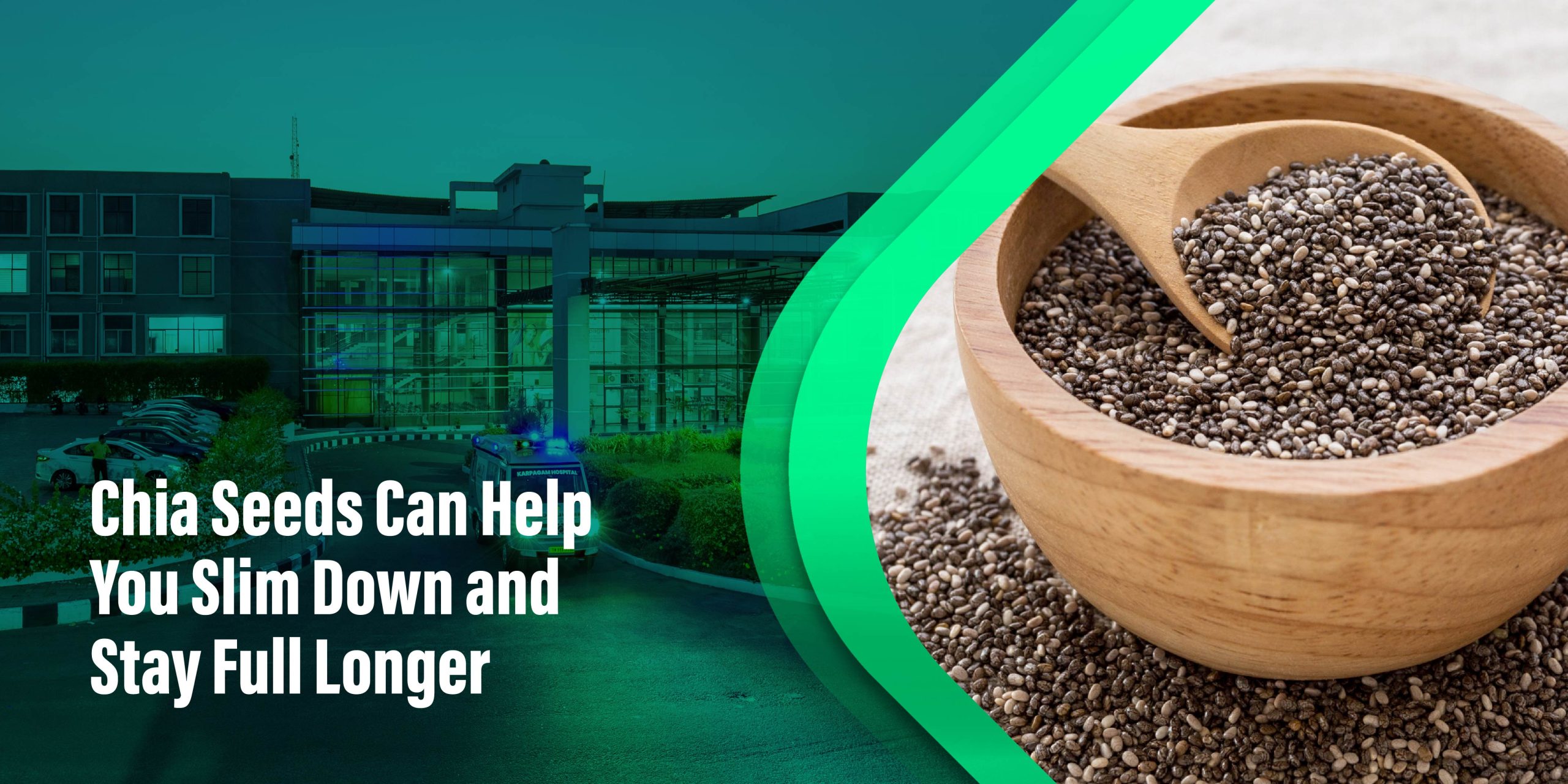Introduction
The pigment that gives you the colour of your skin, eyes, and hair is called melanin. Although melanin helps to protect your skin from UV rays, a surplus can create dark spots, pigmentation, and an uneven complexion. If you’re searching for a way to decrease melanin in skin to get a more radiant, even-toned complexion, you’re not alone. Numerous individuals seek to treat hyperpigmentation and regain the natural glow of their skin.
In this blog, we will guide you through some effective and natural ways to reduce melanin in the skin, and offer tips on how to remove melanin from skin permanently, all while keeping your skin healthy and glowing.
What is Melanin and Why Does It Matter?
Melanin is the pigment of the body, and it occurs in the skin, hair, and eyes. The darker the skin, the higher the content of melanin. Genetics, sun exposure, and some drugs can influence the production of melanin, causing dark spots, freckles, or hyperpigmentation, as well as a disordered skin color.
Hyperpigmentation may be caused when melanin is produced in excess due to overexposure to the sun, hormonal imbalances, or damage to the skin such as acne scars. There are a number of ways to decrease melanin in skin, though, which can ensure that you have a more even and radiant skin complexion.
How to Reduce Melanin in Skin Naturally
If you want natural ways to lower melanin production, there are a few things that you can do that can successfully lighten your skin over time. Let’s discuss some of the best natural treatments for how to lower melanin in skin naturally:
1. Use Sunscreen Regularly
The damaging UV rays of the sun trigger the production of melanin, and it can aggravate pigmentation problems. Applying sunscreen with a broad-spectrum SPF of 30 or higher is essential for avoiding the development of dark spots and for lowering excessive melanin production. It’s also an easy and efficient means of shielding your skin from sun damage as well as pigmentation problems.
2. Vitamin C – A Powerful Brightening Agent
Common antioxidant vitamin C may normalise complexion and reduce the production of melanin. Vitamin C can lessen the visibility of dark spots by blocking the tyrosinase enzyme, which makes melanin. You can use vitamin C serums or eat foods that are rich in vitamin C, such as oranges, bell peppers, and strawberries, to naturally lower the amount of melanin in your skin.
3. Lemon Juice – The Natural Skin Brightener
Lemon juice is a widely used as home remedy for skin lightening because it contains such high levels of Vitamin C as well as acts as an exfoliant. Fresh lemon juice applied directly to your skin can lighten dark patches. Be aware, though, because lemon juice causes your skin to become sensitive to the sun, so sunscreen needs to be applied afterwards.
4. Aloe Vera – Nature’s Healing Gel
Aloe vera has been used to cure various types of skin problems, including pigmentation, since the early days. Aloin present in aloe vera gel is known to reduce skin color and decrease dark spot visibility. Take fresh aloe vera gel and apply it directly to affected areas at least 15 minutes prior to washing with lukewarm water.
5. Exfoliate Regularly
By removing dead skin cells, exfoliation can help your skin reveal new skin. This procedure can even out your skin tone and lessen the visibility of dark spots. Regular exfoliation can help brighten the skin by sloughing off the upper layers, allowing melanin production to slow down in those areas.
6. Papaya – A Natural Skin Brightener
Papaya has an enzyme in it known as papain that assists in exfoliating the skin, eliminating dead skin cells, and lessening dark spots. Papaya is filled with antioxidants that enhance healthy skin and slow down melanin production. You can mash fresh papaya and put it on your skin for a homemade brightening effect.
Also Read:- https://karpagamhospital.in/10-ways-to-remove-tan-naturally/
How to Reduce Melanin in Skin Permanently by Eating
If you want to decrease melanin in the skin permanently, your diet can be of significant help. Some foods have nutrients that maintain healthy skin and contribute to the decrease in melanin production in the long run.
1. Green Tea
Green tea contains antioxidants, especially catechins, which contribute to the decrease in melanin production in the skin. Regular consumption of green tea can also prevent sun damage, which causes hyperpigmentation.
2. Tomatoes
Tomatoes are rich in lycopene, a powerful antioxidant that can help protect your skin from sun damage and reduce melanin production. Eating tomatoes or applying tomato juice to your skin can help reduce dark spots and brighten your complexion.
3. Turmeric
Tomatoes are high in lycopene, a strong antioxidant that is able to shield your skin from sun damage as well as decrease melanin formation. Consuming tomatoes or putting tomato juice on your skin will decrease dark spots and lighten your complexion.
4. Cucumber
Cucumber has a cooling effect and is very watery, which can be used to calm down irritated skin. Cucumber also has chemicals that can whiten skin and inhibit melanin production. Consuming cucumber juice or placing cucumber slices on your skin will make your skin look better.
5. Berries
Berries such as blueberries, raspberries, and strawberries are high in antioxidants that combat skin pigmentation and enhance skin health. These antioxidants act to counteract free radicals and inhibit the formation of melanin in the skin.
Skin Melanin Treatment Surgery Cost in India
Natural remedies are effective for others, but clinical interventions may be sought after by some to treat melanin issues. Skin therapies such as laser treatment or chemical peel can eliminate excess melanin in the skin.
In India, the cost of skin melanin treatment surgery can range from one procedure to another and from clinic to clinic. Typically, it can range between INR 10,000 and INR 50,000 or even more. It is always necessary to meet a dermatologist to find out the best treatment for your skin type and issue.
How to Reduce Melanin Production in Skin: Clinical Treatments
If you’re looking for faster and more targeted results, medical treatments are available that can help reduce melanin production in the skin.
1. Laser Treatments
Laser treatments, like fractional lasers or Q-switched lasers, can target the pigment-producing cells in the skin and break down excess melanin. These treatments can be effective in reducing dark spots and achieving a more even skin tone.
2. Chemical Peels
Chemical peels use acids to exfoliate the outer layers of skin and reduce melanin in the process. By sloughing off the pigmented layers, chemical peels can reveal smoother, more even-toned skin.
3. Topical Treatments
Dermatologists may also recommend topical treatments containing ingredients like hydroquinone, retinoids, or kojic acid to lighten the skin and inhibit melanin production. These products can be applied directly to dark spots or the entire face to help brighten the skin over time.
How to Remove Melanin from Skin Naturally
Natural remedies also have their share of solutions such as aloe vera, turmeric, Vitamin C, and sunblock that can lower melanin. All the same, patience is necessary when using natural remedies since results may take time to materialize.
If you are curious about how to depigment skin naturally, these soothing and safe remedies allow you to lighten pigmentation without using harsh chemicals. Be sure to remain consistent with your skincare routine, and always guard your skin from further damage caused by the sun by wearing sunscreen every day.
Conclusion
Whether you want to eliminate melanin from the skin naturally or undergo medical procedures for a long-lasting change, there are several treatments on offer that can help you have a brighter and more uniform complexion.
It’s imperative to implement a blend of lifestyle adjustments, topical remedies, and sun protection to control melanin production and correct pigmentation issues successfully.
If you’re willing to move forward with the next step toward healthy, even-toned skin, consider visiting the Best dermatology hospital in Coimbatore for customized guidance and treatment solutions that fit your skin’s requirements.
About Karpagam Hospital
Karpagam Hospital is dedicated to healthcare excellence, offering exceptional medical services with compassion and integrity. As a not-for-profit institution, we prioritize ethical medical research and actively support underserved rural communities. Our resources are responsibly managed to enhance education, patient care, and infrastructure, reflecting our commitment to societal and environmental well-being.
Disclaimer:
The information provided in this blog post is intended for general informational purposes only. It is not a substitute for professional medical advice, diagnosis, or treatment. Always seek the advice of your physician or other qualified healthcare provider with any questions you may have regarding a medical condition. Never disregard professional medical advice or delay in seeking it because of something you have read in this blog.








